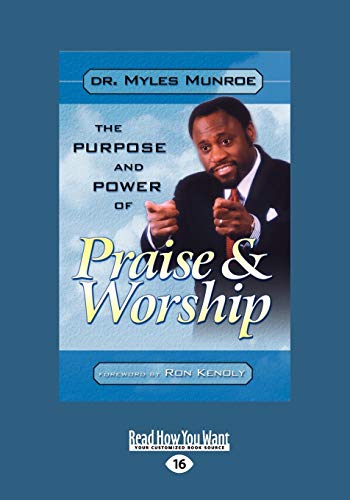

He was a junior Prussian army officer with no particular family or political connections. She was a wealthy, cultured, and politically engaged young woman from a famous family, one of the highest-ranking non-royals in Prussia. Marie's 1810 marriage to Clausewitz did not make sense to many observers (least of all her mother). Zabecki, The Journal of Military History, April 2011 Bruno Colson, " Clausewitz on Waterloo," War in History 19 (July 2012), pp.397-400.īut as historian and Clausewitz scholar Vanya Eftimova Bellinger establishes in this ground-breaking biography of the "other" Clausewitz, Marie was far more than merely a supportive wife who facilitated her husband's legacy. On Waterloo contains Wellington's initial battle report two of Clausewitz's post-battle letters to his wife Marie correspondence within Wellington's circle concerning Clausewitz's work Clausewitz's 58-chapter campaign study Wellington's controversial memorandum in response and enlightening essays by the editors. However, because it was never incorporated into the unfinished manuscript of On War, most readers will find it to be new material. Since this was one of Clausewitz's last such campaign studies (written c.1827), it reflects Clausewitz's most advanced thinking. This is the first published English translation. This book is built around a new and complete translation of Clausewitz's study of the Waterloo campaign (Berlin: 1835), which is a strategic analysis of the entire campaign, not just the Battle of Waterloo. Christopher Bassford, Daniel Moran, and Gregory W.

On Waterloo: Clausewitz, Wellington, and the Campaign of 1815, by Carl von Clausewitz and Arthur Wellesley, 1st Duke of WellingtonĮd./trans.


 0 kommentar(er)
0 kommentar(er)
